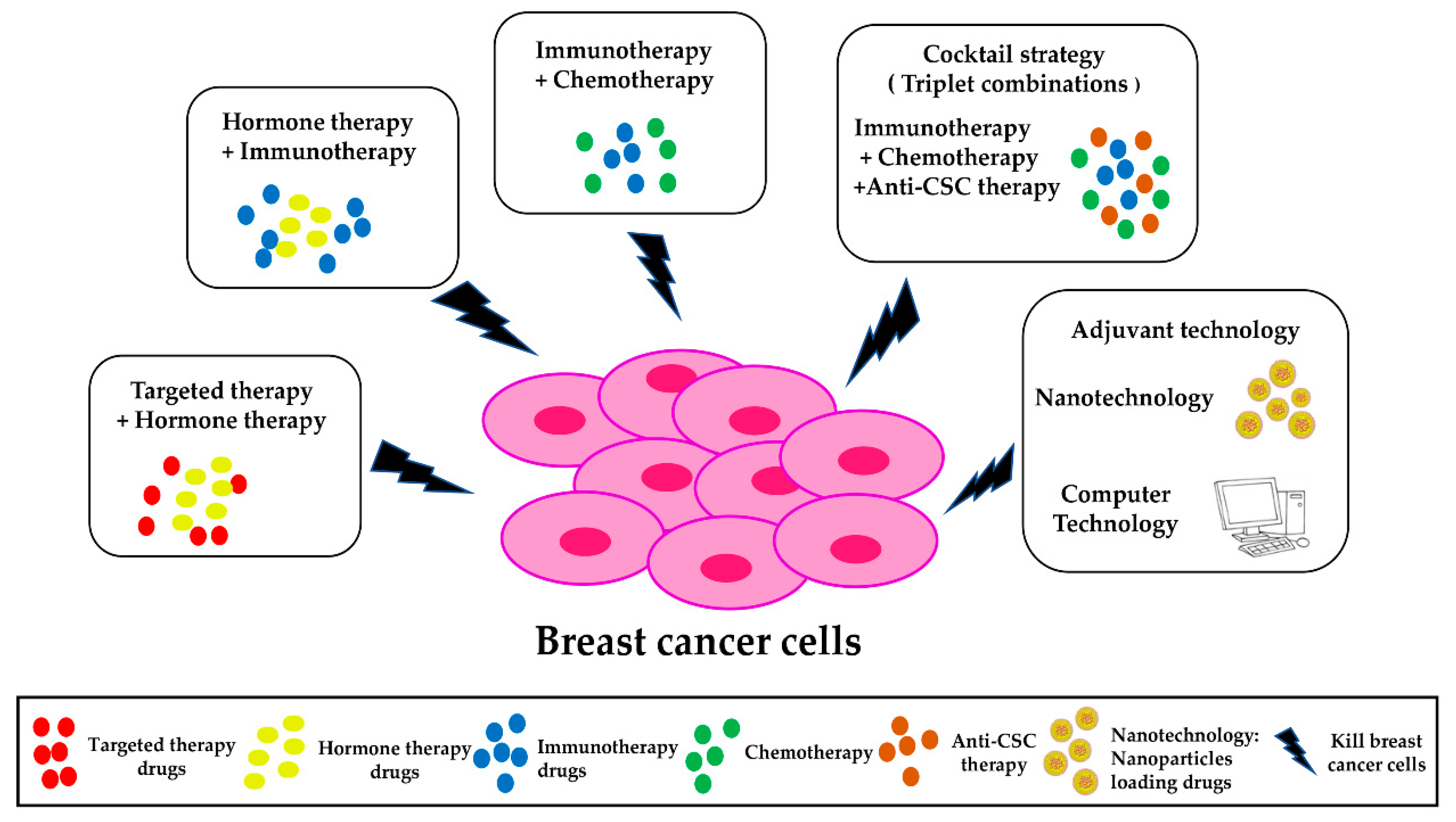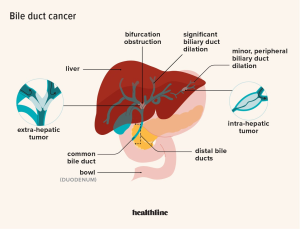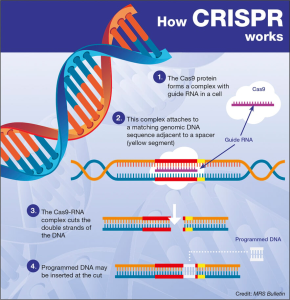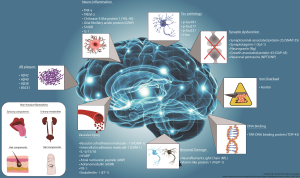
Molecular therapies for cancer represent a burgeoning frontier in the treatment of malignancies, leveraging advanced drug design strategies to target the underlying mechanisms of disease. Recent breakthroughs shed light on how specific genetic mutations and small molecules interact to disrupt cancerous growth from its origin. As research progresses, the development of molecular glues in therapy has gained momentum, enabling precise targeting of the proteins that drive tumor development. This innovative approach is particularly relevant in the context of pediatric cancers like medulloblastoma, where understanding genetic variations can inform targeted cancer treatments. By exploring the intricate relationships between molecular therapies, drug design, and genetic mutations, researchers are paving the way for more effective and personalized cancer care, ultimately transforming patient outcomes.
Cancer treatment innovation hinges on the exploration of targeted molecular interventions, which seek to disrupt the unchecked proliferation of malignant cells. These advanced therapies utilize intricate techniques that modify protein interactions, informed by genetic profiles within tumors. The examination of chemical compounds known as molecular glues allows scientists to harness protein dynamics to selectively target disease-related proteins. In pediatric oncology, especially in fighting medulloblastoma, understanding these interactions is pivotal for identifying effective therapeutic strategies. By integrating knowledge of genetic mutations and emerging drug design techniques, the realm of cancer treatment is evolving, showcasing a shift towards more refined, personalized strategies.
Understanding Molecular Therapies for Cancer
Molecular therapies for cancer represent a groundbreaking approach in the fight against various forms of malignancies. These innovative treatments are designed to specifically target and disrupt the molecular mechanisms responsible for cancer progression. By focusing on the unique genetic mutations that fuel the growth of cancer cells, researchers can develop therapies that are more effective and cause fewer side effects than traditional methods such as chemotherapy and radiation.
One of the most exciting areas in molecular therapies involves targeted cancer treatments. Through extensive research, scientists are uncovering how molecular glues can be leveraged to manipulate protein interactions within cancer cells. These therapies work by encouraging the degradation of oncogenic proteins that contribute to the survival and proliferation of cancer cells, making them a key component of modern cancer treatments.
The Role of Targeted Cancer Treatments
Targeted cancer treatments are revolutionizing therapeutic strategies by focusing on specific genetic mutations that drive cancer progression. This approach allows for a more personalized treatment plan based on the unique genetic profile of the patient’s tumor. By understanding the specific pathways and proteins involved in tumor growth, healthcare providers can utilize targeted therapies that aim at particular molecules responsible for the cancer’s aggressive behavior.
The intersection of genetics and targeted therapies highlights the importance of genetic testing in the management of cancer. For instance, identifying mutations in genes related to signaling pathways can inform treatment decisions, allowing for the use of drugs designed specifically to counteract those alterations. This level of precision not only enhances treatment efficacy but also minimizes the risk of side effects associated with broader therapeutic interventions.
The Innovation Behind Molecular Glues in Therapy
Molecular glues have emerged as a novel concept in cancer treatment, offering a unique strategy for targeting previously elusive protein interactions. These small molecules facilitate the binding of proteins that normally do not interact, promoting their degradation through a process known as the ubiquitin-proteasome pathway. This mechanism allows for the targeted elimination of proteins that drive cancer progression, opening new avenues for drug design and escalating the potential for therapeutic advancement.
Moreover, research into molecular glues is shedding light on the intricate network of molecular interactions within cancer cells. By mimicking the effects of genetic mutations that induce harmful protein interactions, molecular glues can be designed to disrupt these processes selectively. This not only helps to treat existing tumors but also offers insights into the prevention of cancer by altering the underlying biochemical pathways involved in malignancy.
Linking Genetic Mutations and Cancer Therapies
The relationship between genetic mutations and cancer is critical for the development of effective therapies. Mutations in specific genes can lead to the activation of oncogenic pathways, ultimately contributing to tumor growth and metastasis. Understanding these mutations allows researchers to tailor treatments that specifically target the activated pathways, thereby enhancing the likelihood of therapeutic success.
In this context, advanced genetic testing plays a crucial role in identifying the specific mutations present in a patient’s tumor. As researchers decipher the role of these genetic alterations, they can develop targeted therapies that exploit the vulnerabilities created by these mutations, leading to more personalized and effective treatment strategies.
Advancements in Drug Design Strategies
The field of drug design strategies has seen considerable transformation with the advent of molecular therapies. By harnessing knowledge about protein interactions and genetic mutations, scientists are pioneering new therapeutic agents that are more selective and potent. These developments signify a shift towards a more strategic approach to drug development, where the focus is on creating molecules that can precisely alter disease pathways.
Notably, the integration of multidisciplinary techniques, such as functional genomics and structural biology, has greatly enhanced our understanding of how drugs can be designed to target specific protein interactions. Such advancements not only offer promise for the treatment of cancer but also pave the way for tackling a variety of diseases that rely on similar molecular mechanisms.
Medulloblastoma Research: A Focus on Pediatric Cancer
Medulloblastoma, a common type of pediatric brain cancer, presents unique challenges in treatment due to its biological complexity and the young age of affected patients. Ongoing research aims to uncover the genetic mutations that drive this condition and how they interact with molecular therapies. By closely examining these mutations, scientists hope to establish targeted treatment protocols that improve outcomes for young patients.
Recent studies focusing on the role of molecular glues have unveiled promising insights into how these therapies can be applied to medulloblastoma. By targeting the specific protein interactions altered by genetic mutations, researchers are developing innovative strategies to combat this aggressive cancer and improve the prognosis for children diagnosed with it.
Challenges in Identifying Molecular Glue Molecules
Despite the promise of molecular glues in cancer treatment, identifying suitable candidates remains a significant challenge. The intricate nature of protein interactions makes it difficult to pinpoint molecular glues that can effectively disrupt the interactions of target proteins. Researchers must employ advanced screening methods and computational models to identify these small molecules, ensuring they can selectively engage the desired targets without off-target effects.
Furthermore, the development of molecular glues requires a deep understanding of the structural biology of proteins involved in cancer. By utilizing techniques such as cryo-electron microscopy, scientists are gaining unparalleled insight into how molecular glues can be designed to bind effectively to their targets. This knowledge not only informs drug design but also enhances the overall understanding of protein dynamics in cancer.
Future Directions in Molecular Therapy Research
Research in the field of molecular therapies is continually evolving, with a focus on uncovering new strategies to tackle complex cancers. Going forward, scientists plan to investigate additional genetic mutations that could lead to innovative drug designs aimed at amplifying the efficacy of existing therapies. The goal is to develop multi-faceted approaches that combine molecular glues with traditional treatments to enhance patient outcomes.
Moreover, the potential applications of this research extend beyond cancer, with implications for treating a range of diseases characterized by similar dysfunctional protein interactions. By continuing to explore the intersections of molecular biology and therapeutic design, researchers are likely to uncover novel methodologies that could reshape the landscape of disease treatment across various fields.
The Broader Implications of Molecular Therapy Research
The research surrounding molecular therapies extends beyond immediate applications in oncology. As scientists uncover the mechanisms by which specific molecular interactions can be altered or disrupted, these findings could lead to breakthroughs in the treatment of various diseases characterized by similar genetic aberrations. The ability to apply such knowledge across different medical disciplines underscores the versatility of molecular therapy as a concept.
Additionally, the integration of molecular therapy research into clinical practice represents a significant shift in how diseases are approached. As targeted strategies become more refined and effective, the potential for improving patient outcomes grows, setting the stage for a new era of personalized medicine that prioritizes individual genetic profiles in treatment planning.
Frequently Asked Questions
What are molecular therapies for cancer and how do they work?
Molecular therapies for cancer are innovative treatments designed to target and disrupt the specific molecular mechanisms that drive cancer growth and development. These therapies include targeted cancer treatments that focus on specific genetic mutations and protein interactions within cancer cells. By understanding these cellular processes, scientists can design drugs, such as molecular glues, that selectively attack cancer cells while sparing healthy ones.
How do genetic mutations relate to molecular therapies for cancer?
Genetic mutations play a crucial role in the development of cancer and are key targets for molecular therapies. Certain mutations can lead to abnormal protein interactions that promote oncogenic processes. Molecular therapies for cancer aim to correct or inhibit these mutations, using strategies like drug design that engages these altered proteins to halt tumor growth.
What are molecular glues and how are they used in cancer therapy?
Molecular glues are a type of small molecule used in cancer therapy to facilitate interactions between proteins that normally do not bind together. By binding to specific proteins, these glues can recruit a protein degradation system that eliminates disease-causing proteins from cancer cells. This innovative approach is part of the broader field of molecular therapies for cancer, providing new avenues for drug design.
What role do drug design strategies play in developing molecular therapies for cancer?
Drug design strategies are vital in creating effective molecular therapies for cancer. These strategies involve understanding the molecular structure of proteins associated with cancer and designing drugs that can target these proteins. Techniques like cryo-electron microscopy help researchers visualize protein interactions, leading to the discovery of molecular glues and other small molecules that can disrupt cancer driving forces.
What advancements have been made in medulloblastoma research regarding molecular therapies for cancer?
Recent advancements in medulloblastoma research include the identification of specific genetic mutations that influence protein interactions in this pediatric brain cancer. Researchers are developing molecular therapies for cancer that focus on these mutations, utilizing molecular glues to modify detrimental protein behavior associated with tumor growth. These findings pave the way for targeted treatment options that could significantly improve outcomes for affected children.
| Key Points | Details |
|---|---|
| Molecular Therapies Development | Recent studies demonstrate advancements in targeting cancer through small molecules and genetic mutations. |
| Role of Molecular Glues | Molecular glues help bind non-interacting proteins, influencing cancer cell functionality by triggering degradation. |
| Targeting Undruggable Proteins | Research showcases a method to target proteins like CoREST, previously thought to be impossible to drug. |
| Genetic Insights | Study identifies mutations that alter protein interactions, emphasizing the convergence of chemistry and genetics. |
| Research Implications | Findings may reshape broader drug discovery concepts beyond cancer by focusing on protein interactions. |
Summary
Molecular therapies for cancer represent a groundbreaking advancement in the treatment landscape, particularly through innovative strategies such as molecular glues. These therapies leverage both small molecules and genetic insights to effectively target and manipulate protein interactions involved in cancer progression. By addressing previously insurmountable challenges in drug design, researchers are opening new avenues for therapy that could not only advance cancer treatment but also extend beyond to various diseases. The ongoing exploration into the intersection of molecular biology and therapeutic design holds promise for future breakthroughs in precision medicine.



